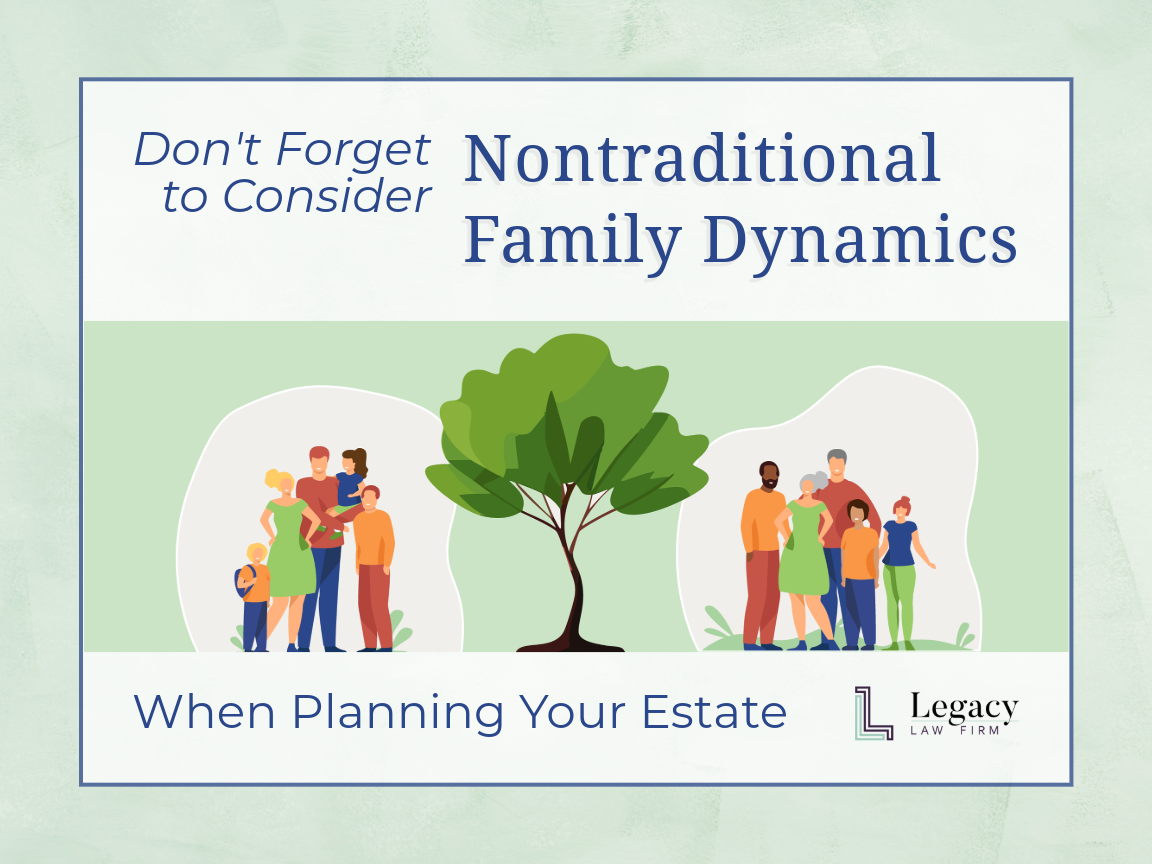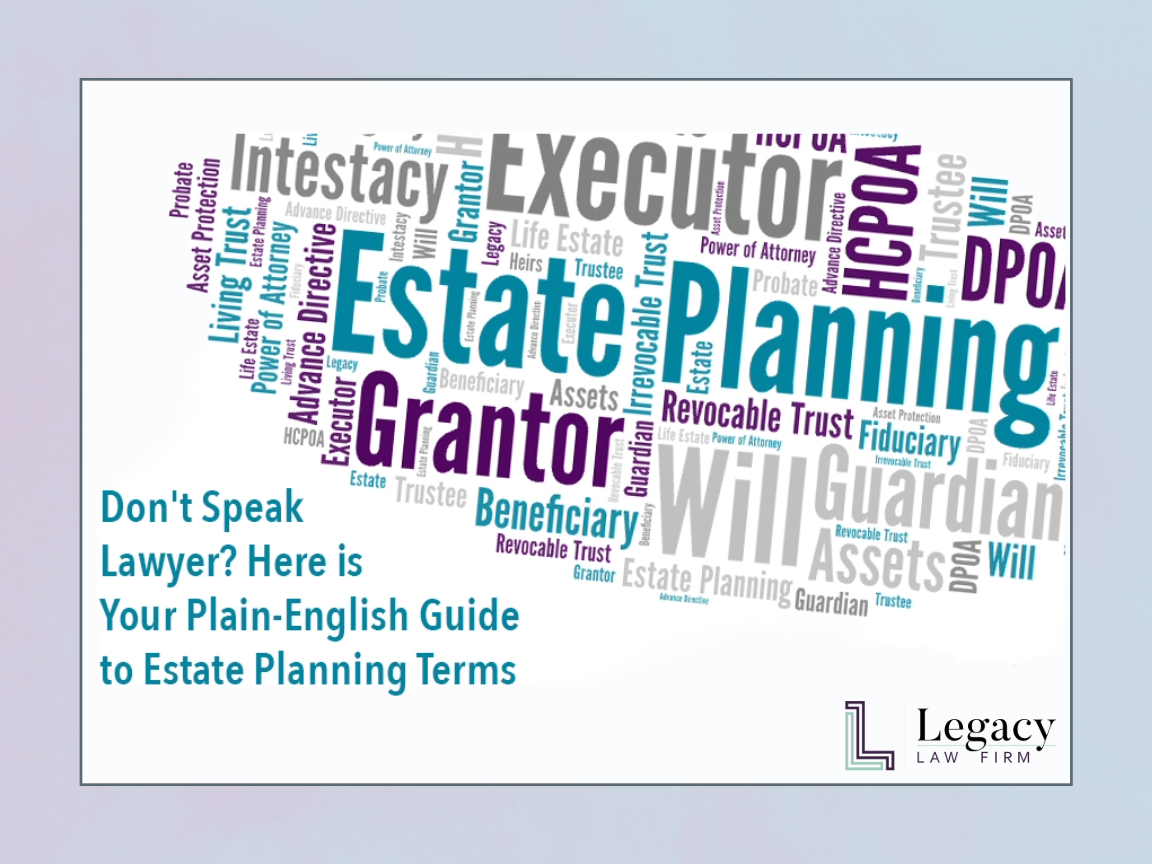Why You Need Life Insurance as an Estate Planning Tool
Why You Should Consider Purchasing Life Insurance as an Estate Planning Tool
While life insurance is something we typically do not think about until later in life, it is a beneficial estate planning tool to have at all stages of your life. When deciding whether to purchase a life insurance policy, keep in mind that your age and health are generally considered in determining your insurability and rate. The younger and healthier you are when you apply for life insurance, the easier it is to get coverage at a lower rate.
How Will Life Insurance Benefit My Heirs?
A life insurance policy can not only provide financially for your loved ones after your passing, but it is also a great estate planning and asset protection tool. When you pass away, life insurance policies with designated beneficiaries pass outside of your probate estate, which protects the payout from potential creditor claims. The proceeds from a life insurance policy are also paid out tax free. What this means is that the entire amount of any policy is available to your loved ones to help pay any outstanding debts, medical bills, or funeral costs. The life insurance policy can also serve as their inheritance.
By having the proceeds from a life insurance policy available to pay any outstanding debts, you can ensure that your loved ones will receive the house, automobile, or other assets that you have left them by having the resources to pay off any mortgages, automotive loans, or other secured debts.
A life insurance policy can also provide substantial support immediately after death. If you have assets which must pass through probate such as a bank account without designated beneficiaries, your loved one will not receive access to those assets until an estate can be opened and administered, which can take anywhere from three months to a year. A life insurance policy can be claimed immediately after death which provides an important piece of mind and immediate funds so that your loved ones do not have to worry about finances while they are still grieving their loss.
Estate Planning Tip: A life insurance policy can be claimed immediately after death, which provides an important piece of mind and immediate funds so that your loved ones do not have to worry about finances while grieving their loss.
How Can a Life Insurance Plan Benefit Me Now?
A life insurance policy is also a great Medicaid planning tool. Medicaid regulations allow you to purchase certain life insurance policies (up to a designated maximum value) and have them count as an excludable asset. This can help you spend down assets to assist your loved one in qualifying for or retaining Medicaid benefits. The permissible face value of the policy varies depending on whether you are receiving Regular Medicaid/Skilled Nursing Medicaid, or Assisted Living Medicaid benefits, which is why it is important to consult an experienced Medicaid planner before buying a life insurance policy while receiving or applying for Medicaid benefits.
Our attorneys can advise you as to how best to use a life insurance policy as an estate planning tool. During the planning process, we can assist you in ensuring that your policy is set up to ensure that it does not accidentally require opening probate estate or create unintended complications, as would be the case if you designate a minor as the beneficiary.
Contact Legacy Law Firm today to begin the conversation about securing your future and ensuring the well-being of your loved ones. Together, we can prepare you to face the future with confidence.













